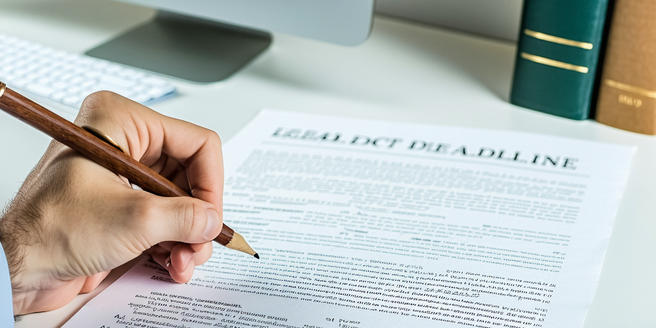
Understanding Sweepstakes Regulations
Navigating sweepstakes regulations requires a keen understanding of federal and state laws which vary greatly. One essential step is to ensure that no purchase is necessary to enter or win, distinguishing sweepstakes from illegal lotteries. Moreover, disclosing clear rules and terms to participants protects both organizers and entrants. Rules should cover eligibility, prize details, and how winners are chosen. Understanding these regulations is crucial to avoid hefty fines and legal challenges. Compliance requires diligent research and, when necessary, consultation with legal experts proficient in promotional law. Adhering to these legalities enhances credibility and fosters trust among participants.
Setting Up Efficient Entry Processes
Creating an efficient process for sweepstakes entries not only improves user experience but also boosts participation rates. Start by simplifying the registration process, limiting it to essential information like name and email address. Utilize digital platforms to manage entries, allowing seamless integration of data collection and storage. To further enhance efficiency, consider employing real-time analytics to monitor entry trends and participant demographics. It’s crucial to have a system that can handle large volumes of entries simultaneously without glitches. Automating confirmation messages upon successful entry reassures participants and enhances engagement. Additionally, ensuring mobile-friendliness is imperative as many users prefer entering on-the-go via smartphones.
Leveraging Technology for Sweepstakes Management
Incorporating technology in sweepstakes management streamlines operations and enhances effectiveness. Use advanced software to automate entry collection and winner selection, reducing manual errors. Modern solutions allow for real-time adjustments to strategies based on collected data. Customer Relationship Management (CRM) systems can organize participant data for better management and follow-up. Social media platforms and mobile apps extend the reach and accessibility of sweepstakes, encouraging higher participation rates. Data analytics tools can track engagement and conversion metrics, providing insights into campaign effectiveness. Efficiently leveraging technology not only saves time and resources but also enhances the participant experience and engagement.
Ensuring Transparency and Fairness
Transparency and fairness are paramount in sweepstakes management to maintain the trust and interest of participants. Clearly communicate all contest rules and criteria to avoid confusion or mistrust. To ensure ethical standards, it’s essential to have a third-party audit the process periodically. Employ random number generators or impartial judges to select winners impartially. Sharing winner selection methodology and results publicly enhances credibility. Providing participants with access to terms and frequently asked questions enables clarity. Furthermore, handling disputes or concerns with fair and open communication instills confidence. Consistently applying rules and adhering to deadlines contributes significantly to maintaining fairness.
Tracking and Analyzing Entries
Effective tracking and analysis of sweepstakes entries provide insights into campaign performance and participant behavior. Utilize tracking software to organize demographics and engagement data, ensuring a comprehensive understanding of participant profiles. This comprehensive understanding can significantly enhance the effectiveness of future marketing strategies. It’s important to set clear objectives to make the most out of the data collected. Analyzing data helps in identifying trends, such as peak entry times or popular prize preferences, enabling strategic adjustments for future campaigns. Regularly reviewing this information allows for immediate improvements, optimizing marketing efforts. By leveraging data analysis, marketers can tailor their messages and offers, enhancing overall effectiveness and participation rates.
Compliance and Legal Considerations
Compliance with legal requirements is integral to the successful administration of sweepstakes, ensuring legitimacy and protecting against legal repercussions. This encompasses understanding and adhering to state and federal laws governing promotional activities. Essential legal considerations include crafting accurate and comprehensive terms and conditions, which should be easily accessible to all participants. Additionally, it is important to stay updated on any changes in legislation that could affect sweepstakes operations. These terms must outline entry restrictions, prize substantiation, and dispute arbitration processes. Collaborating with legal advisors familiar with promotional regulations can assist in developing a compliant framework that mitigates risks and safeguards the sweepstakes’ integrity.
